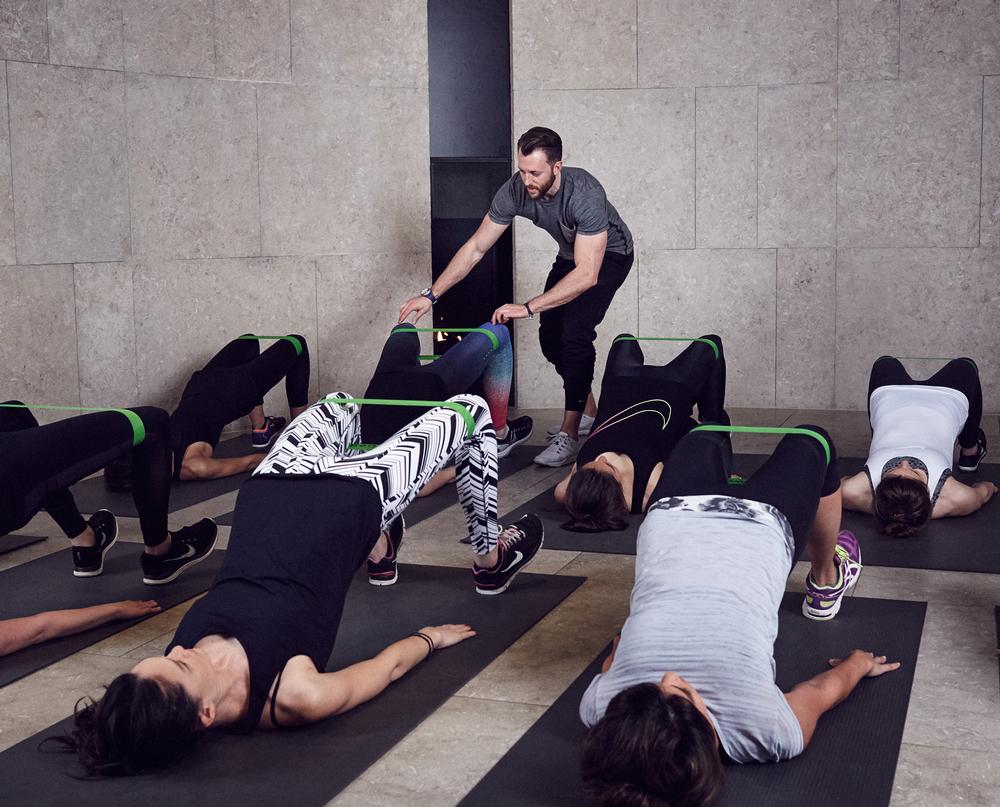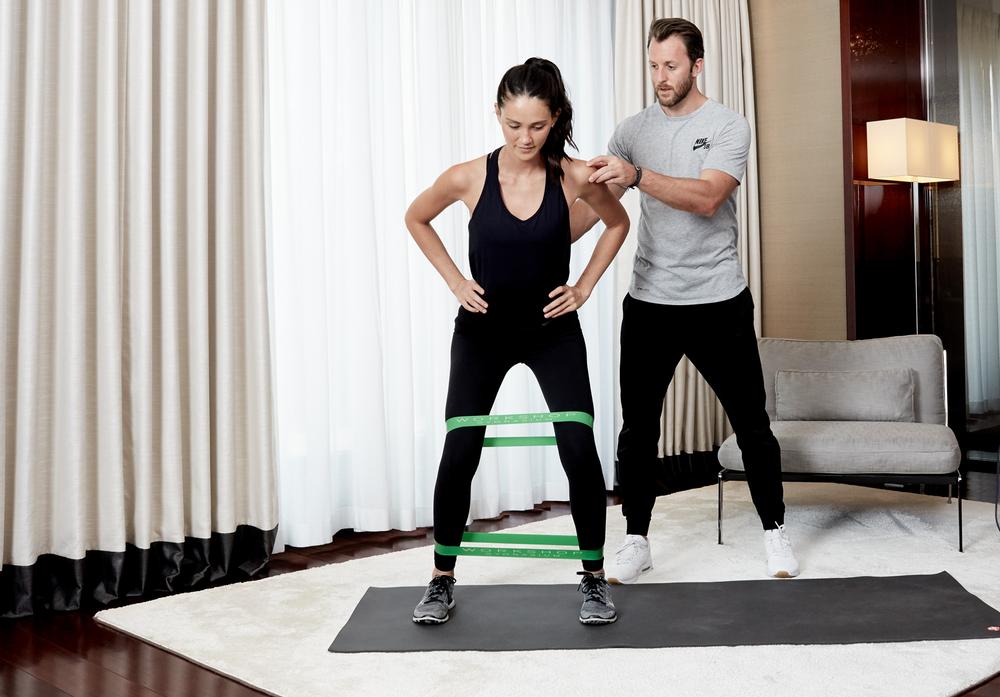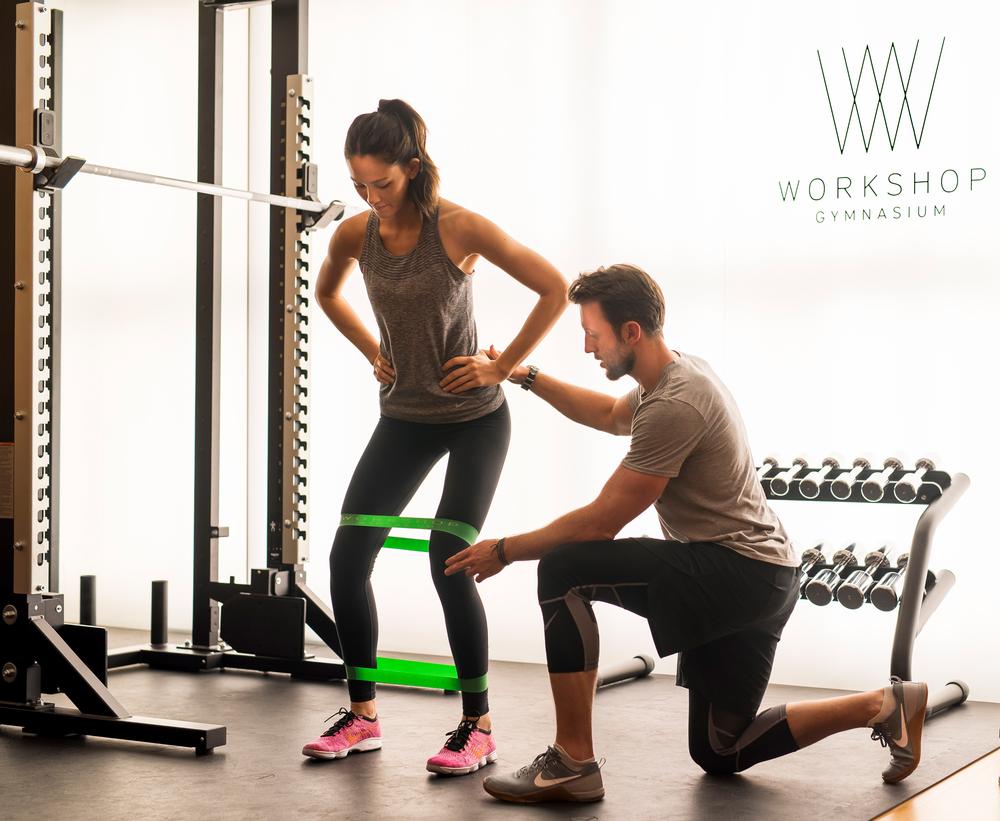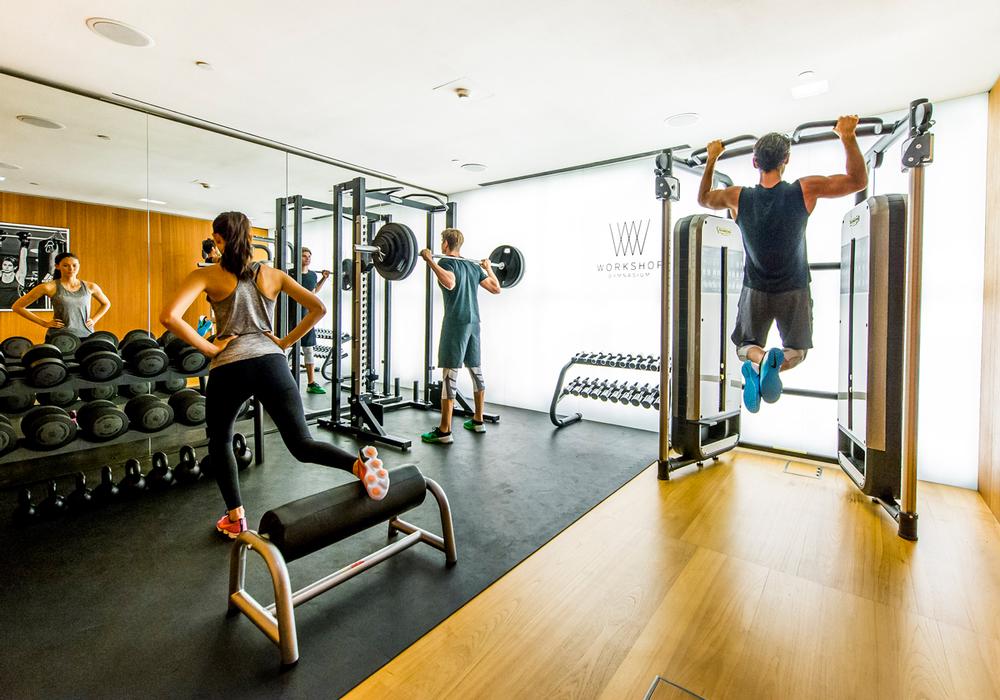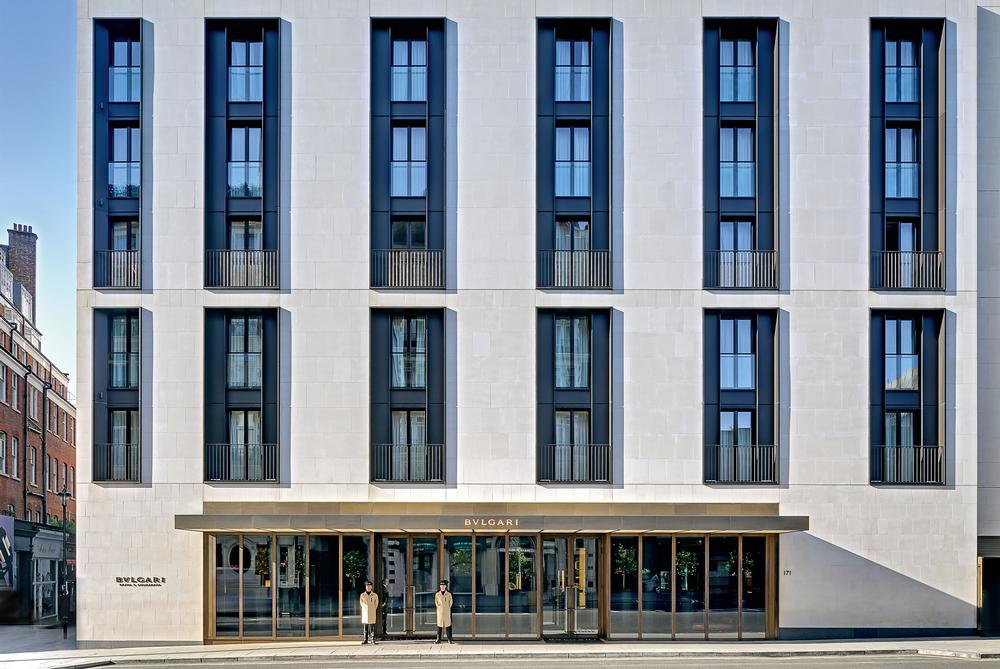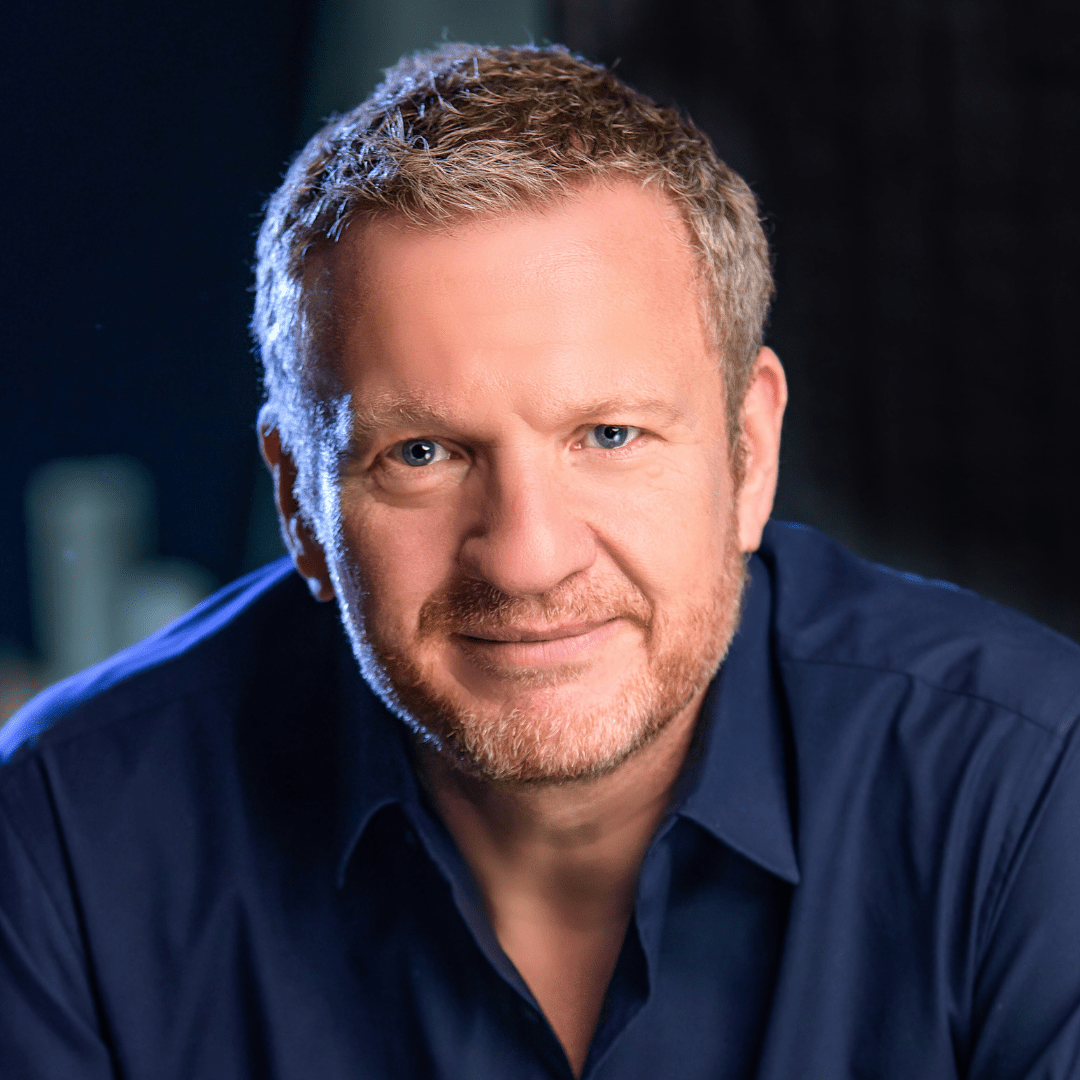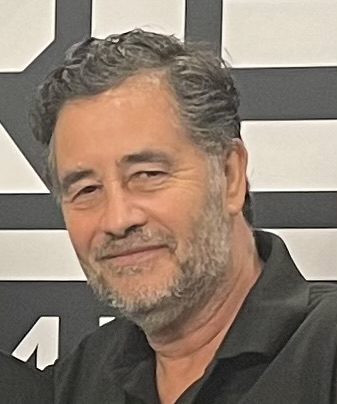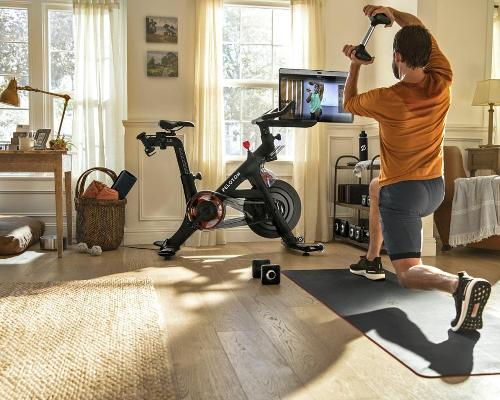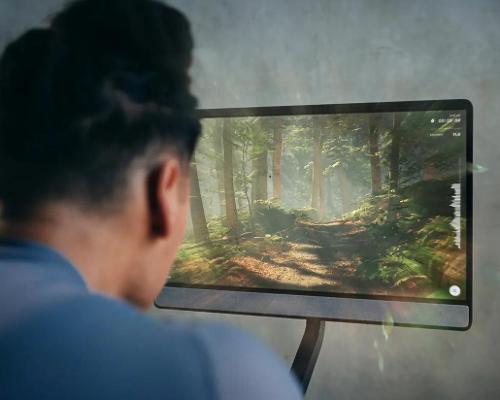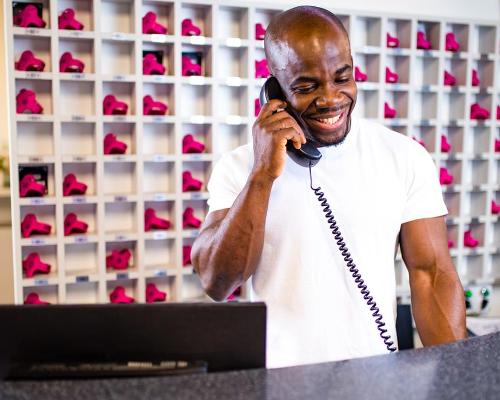What’s your background?
I played football to a pretty high level until I was 16, but then I got injured and never really came back from that injury properly. But through the process of rehab, I fell in love with the gym-based side of training and went on to do my personal training qualifications after my A levels. I ended up studying exercise, sport and nutrition at university – all the time still working as a PT.
During a family holiday in Dubai, I was approached by someone for training advice. I ended up working for him privately, and this turned into a hugely valuable experience. He had an underactive thyroid, and that hormonal side of things was a whole new area for me.
I found a specialist course in Florida and it was the best thing I ever did – it gave me a holistic perspective in which training, nutrition, lifestyle, sleep quality and recovery, hormone health and more all came together.
In fact, it made me realise how little I knew, so I ended up doing a series of courses. I think that’s the biggest mistake personal trainers make generally: they get their qualification and just want to get to work. But you have to keep reinvesting in your education. You have to keep your eyes open to new knowledge all the time.
How and when did you create the brand?
I continued working as a PT, building up a loyal client base and challenging myself to keep learning the whole time to ensure I delivered results for my very varied clients.
And then, a few years ago, Bulgari Hotels approached me. They wanted to develop a wellbeing brand for their hotels, and wanted to work with me. It was off the back of these conversations that I developed the Workshop concept, which we launched in the Knightsbridge hotel in October 2014, followed by Milan last summer.
What is the Workshop concept?
The first point to make is that we don’t run it like a hotel gym. It’s a high-performance training centre that just happens to be based at a hotel.
The training methods we use are tried and tested: pilates, yoga, boxing, swimming, bodyweight training and weights. It’s the sort of training our clients and guests from across the globe will recognise – but more importantly, this is our approach because it works.
Latching on to new trends may get a short-term PR splash, but we play the long game. Training hasn’t really changed in the last 30 years – things just get wrapped up in new packages – so we stick with methods proven to work. Results and variety of training are, in the end, what will lead to long-term compliance, and that’s what we’re after.
However, while our training methods are traditional, our unique series of assessments is cutting-edge. There’s so much you can find out now about the human body through DNA testing, metabolic assessment, food intolerance tests, biomechanics – and these are all things you can do on-site or through self-administered tests.
This in-depth testing is the basis for all our programming, which as a result is incredibly personalised. And that’s why the vast majority of our training is delivered one-to-one. We do offer small group classes in the morning, and you’re allowed to train on your own if you want to, but we specialise in personal training: 90 per cent of our members train one-to-one.
You talk about maximising clients’ health and happiness. How do you deliver this?
You have to recognise that there are lots of different ways to train someone to get the results they want. The important thing is that they should enjoy the process, looking forward to each workout rather than it being the dreaded thing they need to do to stay in shape.
You have to figure out what ticks the boxes for each individual at any given time – and you have to move with them as their motivations change. There’s often a progression in people’s goals from ‘shape up’ to ‘move better’ and then to ‘feel better’.
You also have to encourage clients to take a broader view. People are so focused on finding the perfect workout and the perfect supplement that they neglect the fundamentals: getting good sleep, diaphragmatic breathing and staying hydrated.
I probably talk about sleeping and breathing more than I talk about anything else, because out of everything you can do, they have the biggest impact on your wellbeing.
Is Workshop Gymnasium exclusive to Bulgari Hotels?
When we launched three years ago – and in fact even now – there was no exclusivity deal with Bulgari, although there may be one going forward. But I wouldn’t want to work anywhere else: the support we get from Bulgari, the great locations, the range of complementary facilities available to our clients through the hotel. It’s a fantastic environment in which to operate. The fact it’s a young hotel brand that isn’t stuck in its ways is also great.
And the Bulgari portfolio is growing: Beijing just opened, Dubai opens at the end of this month and Shanghai will follow at the end of this year. All will have Workshop Gymnasiums. We also launched Workshop in the existing, and very beautiful, Bali resort last month. And it’s likely we’ll roll out in Moscow when that hotel opens in 2019.
So yes, I could open standalone studios, but there’s plenty of scope for growth just within Bulgari – and in the end, you have to ask yourself how big you want to get. I read a fantastic book – Small Giants by Bo Burlingham – which is a must-read for all start-ups.
It looks at a number of companies that had the option to go big, but that chose to stay small and just focused on being great at what they did. That’s me: I’m very happy that growth of Workshop will be in line with Bulgari expansion, wherever that might be.
So how does membership work?
That depends slightly on the location. Most of the hotels are in city locations, which means a large proportion of the clientele are local residents. In London, for example, around 70 to 80 per cent of our 180 members live locally, with the remainder being hotel guests and drop-in clients who are only in town infrequently.
We offer a lot of different membership options to accommodate this: various annual packages, pay-as-you-train options, even distance support. We know we have to be flexible, because people are travelling a lot and because we have limited geographical reach. We have a client in Scotland, for example, who comes to London now and then for an assessment and a new programme. We then support him remotely between visits, with bespoke nutritional and training advice. I think we’ll see more of that in all locations.
But many of our clients do commit to annual membership, with most packages essentially an access fee with training charged extra. Membership packages range from around £3,500 per year for an international membership, to over £20,000 per year for a package that includes all your training, supplements, spa treatments and so on.
Bali is different from all the others though. The hotel is far from anywhere, on a cliff overlooking the sea. It really is a retreat destination, with the clientele almost exclusively hotel guests – although we’ll be running three retreats there every year.
Guests experience the Workshop style of coaching in Bali and then, especially if there’s a Bulgari hotel in their country, they can reach out to us on their return home if they want to continue their training.
Is the model the same in all Workshops?
The services are similar across each site: our fundamentals are one-to-one swimming, pilates, yoga and training, which we deliver across all of our locations.
But beyond that, each Workshop is uniquely different – I learned quickly that you can’t just take a template and apply it across all markets. Some locations have boxing, for example, and wherever we have qualified coaches we offer fascia stretching. That’s excellent for mobility.
So the offering differs slightly from market to market. What’s consistent, though, is the culture and feel of Workshop. Whenever we open a new location, someone from the senior team goes out for at least a year to run the business and embed our culture and DNA in the locally sourced staff. It’s likely that I’ll relocate to Shanghai for a while, for example, while our director of personal training Brian Walpole will run Dubai.
I hold Soho House up as my shining example of this: whichever Soho House you go to around the world, although they’re all unique and reflective of the city that they’re located in, they all have the same feel. You go in and you immediately feel comfortable, in a familiar environment that you trust.
That’s what we want to emulate with Workshop. People have so many bad experiences when it comes to training and if they go somewhere new, they can worry about what they might get there.
What we want to do is deliver consistency in our coaching and in the whole feel of Workshop, to the point that someone can walk in and immediately trust us wherever in the world they happen to find us.








